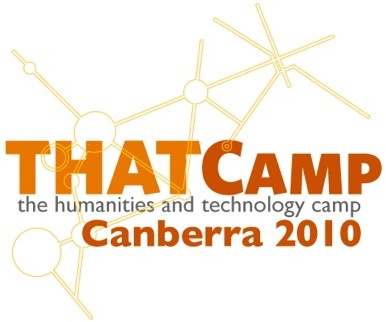If you haven’t tried Zotero, well… you should. It’s a Firefox add-on that’s makes it much easier to manage your research.
But what interests me most about Zotero is not its capabilities as a citation manager, but as a platform for capturing, manipulating and sharing structured data from a wide variety of research sources.
At the heart of Zotero are a series of ‘translators’ that extract data from web pages and save it into a database. Anyone with a little Javascript knowledge can write a translator and contribute it to Zotero. These community-developed translators enable Zotero to capture data not just from library catalogues, but from archival finding aids, document and image collections, museum databases and more.
Once you’ve captured the data you can start to do things with it. Zotero has a built-in timeline display and there’s a plugin that will look for location information and map it. There’s also some really interesting work going on to integrate AXE for xml annotations, and all sorts of future possibilities.
And of course your data can be shared via the Zotero website (and in the future through the Internet Archive), and accessed through a web api. So there are also great opportunities for re-using and integrating this data into other sites and applications.
I’ve written translators for the National Archives of Australia collection database, the Australian Dictionary of Biography and, most recently, the National Library of Australia’s newspapers project. I have plans for a lot more (though of course not the time!). Depending on people’s interests, I thought I might give a brief intro to Zotero and then walk through the process of writing a translator. You can also help me to choose which translator to tackle next!
There are a few frustrations. The Zotero data model is still rather focused on publications and citations. I’ve tried to hack this a bit in my NAA translator by using machine tags to provide semantic relations and custom fields, but I’m hoping that this sort of semantic extensibility will be included in future versions of Zotero.
But in order to help make Zotero do what we want, we have to engage with the developers and the community, we have to contribute ideas, code and comments.
